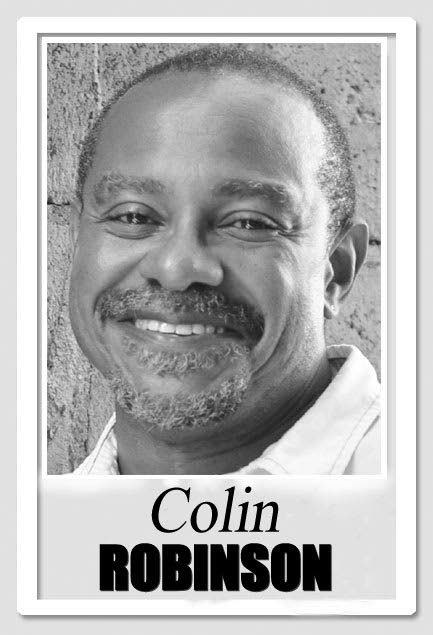Time we no longer have

One of the hardest things about Stage IV cancer is telling young people you’ve invested in and watched grow up who won’t watch you grow old. I had “the talk” with another one this week, my British “godson,” the curious 16-year-old soca peong whose queer questions in a Caribbean music site discussion thread linked us, who is now a 30-something-year-old doctor.
A month ago, I’d shared how I desired to tell you a story I’d never told before. A story that had nothing to do with covid. A story whose telling could become something precious, a new shared memory, from having told it to you in an epidemic.
I haven’t found that story.
But chatting with Ash, he told a story, which I’ve asked him to retell for you, that I had not imagined. A story of the long trainride of a bright, freshly-minted doctor off to the field, which rang instead like a young conscript’s ride to the frontlines of war.
My name is Ash Allman. I am a cisgender man, from a middle-class home, with three degrees. I am a doctor.
My name is Ashanti Atiase. I am black, with both parents from a working-class background. My father is a mixed-race African immigrant; my Caribbean mother is one of nine children of Windrush parents. I was raised in a single-parent family in South London. I am gay. I am a doctor.
In the first paragraph I am everything that is expected of a doctor; in the second I am like no other doctor that I have ever met. I discussed a few weeks back with a friend the massive under-representation of Afro-Caribbean men in medicine, let alone LGBTI+ AfroCaribbean men, while further down the hierarchy, both groups are over-represented in both nursing and ill-health. For whatever reason, we only progress so far up.
By rights I should still be a student. But due to covid19, the global pandemic that has changed billions of lives across the world, we were graduated two months early from medical school. A sudden need to increase capacity to deal with the pandemic within the UK led to the health minister unexpectedly announcing the introduction of final-year nurses and doctors into the workforce to boost numbers and free up more senior staff.
Because of this, I am writing this in the middle of a 21-hour journey from my London home to my placement in the Scottish Highlands.
I am scared.
Like many healthcare staff around the world. Surprisingly, you might think, I am not scared of contracting the virus, despite covid mortality in the UK disproportionately affecting ethnic minorities.
On Good Friday, my Jamaican grandfather who left his family and came to the UK in search of a better life, passed away in a care home. He was a role model who helped to raise me. The night before he passed away I was able to tell him that his grandson had become a qualified doctor.
Social distancing means family were not allowed to visit him during what were to be the last few weeks of his life. This was heartbreaking for my mother who had visited him weekly and cherished her time with a father so different to the one she knew growing up.
Social distancing means I was unable to give my mother a hug to console her, for fear of infecting her with a virus I could unknowingly be carrying. Social distancing means we weren’t able to comfort my grandmother who had just lost her husband of nearly 70 years, because she is shielding at home by herself. Social distancing means we weren’t able to meet as a family for grandpa’s nine-night or do all the usual things to collectively remember and grieve.
Social distancing means only his children will attend his funeral, leaving dozens of grandchildren, other family, and friends unable to say goodbye.
This is why I am scared, for the countless others across the world who have gone through, are going through, and will continue to go through, this non-grief, because we cannot do what we would normally do following death.
I am also scared for my future patients. I am scared that no amount of training can teach you how to cope with seeing a family say their final goodbyes via a screen, because they cannot visit the hospital. How to give a worried and lonely patient a comforting smile, when they can’t see the face under your mask and visor. How to protect your own mental health from constant and never-ending grief on behalf of the people you care for. How to cry, then return to work, over and over, day after day after day.
Maybe this is something that comes with time, but like thousands of newly qualified doctors around the world, time is something we no longer have.


Comments
"Time we no longer have"